Oninaki review: A fascinating concept with lackluster follow through
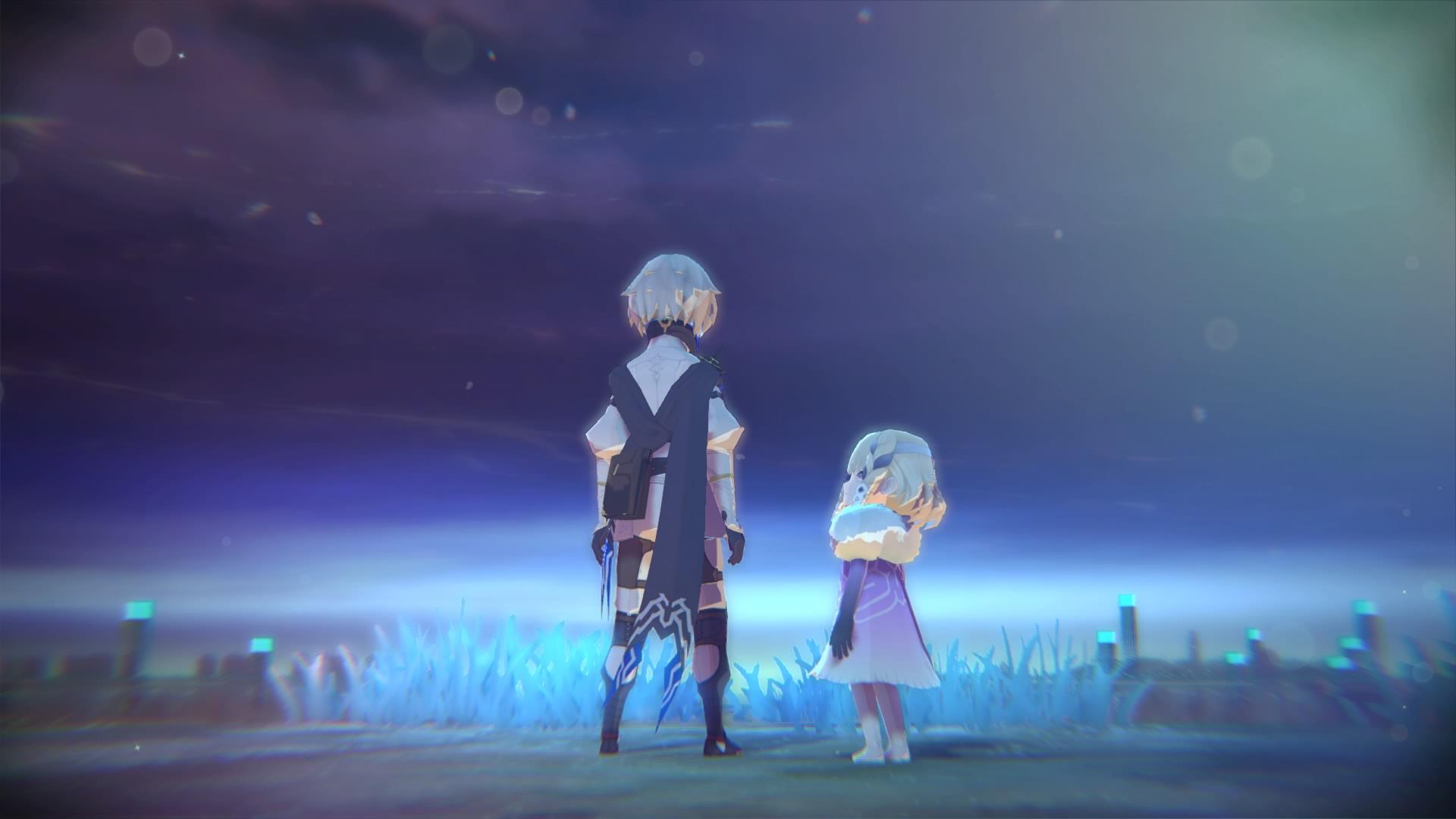
Get the latest news from Android Central, your trusted companion in the world of Android
You are now subscribed
Your newsletter sign-up was successful
Whenever I hear that Square Enix is involved with another RPG, my heart flutters and I can't help but get my hopes up. After all, they're the wonderful people that brought us the Final Fantasy series. When I heard about Oninaki I immediately became interested. For one thing, it was created by Tokyo RPG Factory, the developer that brought us I am Setsuna. Additionally, the box art showed off a beautiful art style and the main idea behind the game sounded fascinating.
In Oninaki, you take on the role of Kagachi, a young man whose parents died while he was just a boy. However, young Kagachi wasn't allowed to grieve for his parents' passing. The prevailing belief is that the dead can't take part in reincarnation if they have something tying them back to the world of the living. Kagachi's early trauma leads him to grow up and become a Watcher — basically a religious, policeman and swordsman in one. He and the other Watchers serve the Sovereign, Lobelia — a religious leader who rigidly holds up the laws of reincarnation. As such, they are charged with locating lost souls, communicating with them, and helping them move on. Despite feeling like Kagachi is serving a just cause, something isn't quite right with this world and it's up to the player to discover what that is.
While Oninaki is an intriguing game idea in concept, the plot itself goes everywhere and the dialogue simply isn't good. Still, the combat is super enjoyable, if unoriginal. This is one of those RPGs for players who love a challenge. It features skill trees for leveling up, an Alchemist shop for upgrading gear, and plenty of enemies to battle. Don't let the cutesy look of the screenshots deceive you. This is a heavy story dealing with loss and death. It's currently available on PS4, Nintendo Switch, and Steam.
The Good
- Fascinating story idea
- Gorgeous box art
- Challenging combat
The Bad
- Erratic plot
- Bad writing
- Unoriginal RPG elements
Oninaki What I liked
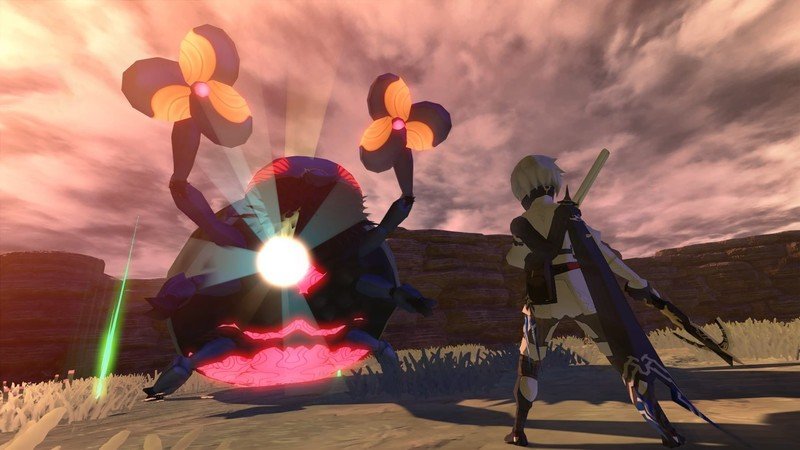
The two things I liked most about this game were the battle mechanics and the world idea. As a Watcher, Kagachi takes control of several Daemons — special weapon-wielding souls who cannot move on in the cycle of reincarnation. When eqipped or "possessed" a Daemon's weapon becomes Kagachi's and the two work together to defeat enemies. As you fight, you'll level up and make it possible to advance your Daemon's attacks in the skill tree. This honestly felt a lot like using Blades in Xenoblade Chronicles 2 — more on that later. Advancing my Daemon's skills and learning about their pasts kept me more invested and helped me feel like I was getting stronger.
You'll need to put your combat skills to the test and take advantage of each Daemon's specific weapons.
That being said, this is not a game for anyone who wants a casual play through, even when played in casual mode. Boss battles are much more challenging than in many other games. You'll need to put your combat skills to the test and take advantage of each Daemon's specific weapons in order to defeat your enemies efficiently. To keep you from relying too much on healing yourself, you're only able to hold a certain number of healing incenses. I loved the challenge that these battles brought, especially since I wasn't expecting the combat to be this complicated.
Get the latest news from Android Central, your trusted companion in the world of Android
As you traverse the land, you'll discover new Daemons, each with their own unique weapons and skills. Keeping on top of a Daemon's skill tree allows you to gain more powerful attacks and thus take on difficult opponents. There are plenty of enemies scattered throughout each map to keep you busy. This is not a turn-based RPG, so you dodge, strike, or run around as much as you want in battle.
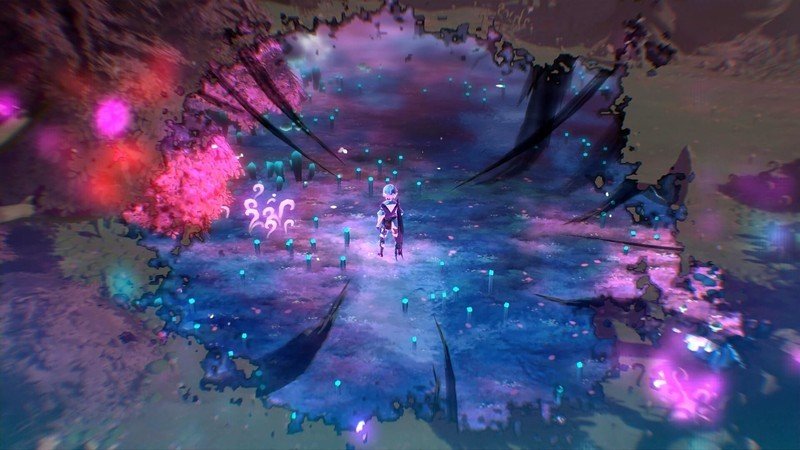
One of Kagachi's Watcher skills is the ability to traverse the land of the dead. With the press of a button, you'll be able to see lost souls, enemies, or treasure chests that you couldn't see before. Much like in The Legend of Zelda: Twilight Princess, switching between realms makes it so that you need to explore each map in both modes in order to truly see everything. This, of course, awakened the completionist in me and made it so I had to run around everywhere in both modes. You'll usually be rewarded with your efforts, either by finding more enemies to level up with or treasure chests with helpful items.
Oninaki: What I didn't like
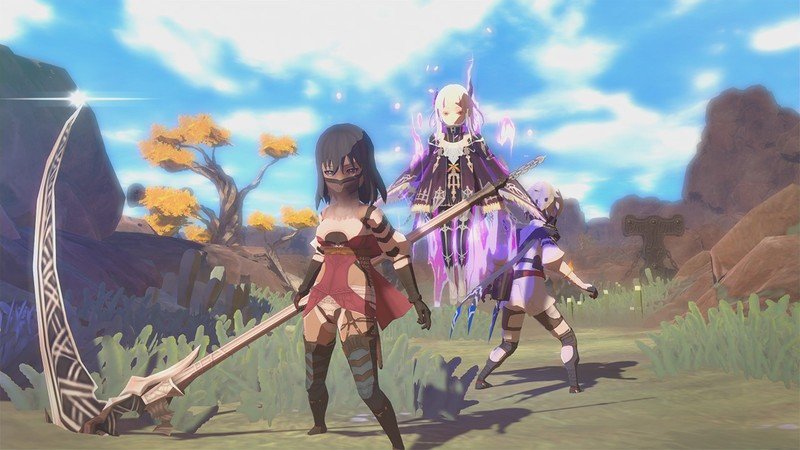
When I started downloading Oninaki, I wasn't sure what to expect. The box art looked gorgeous and felt more adult-oriented, but the actual game play looked kiddie and less serious. Ultimately, I discovered that this is one of those games where the game-play art style doesn't match the tone of the plot. And it feels weird.
Kagachi constantly gets put in heavy situations where he must deal with death, murder, a strict religion, and loss. This set the game up to potentially explore some interesting concepts, but it ultimately fails to do so. Instead it simply scratches the surface on many of these topics and shoots off in random directions with an erratic plot. In that vein, much of the dialogue between characters feels forced and poorly written. There were a few plot twists that were completely unnecessary and detracted from the main story. In any case, it makes it really hard to connect with the story or relate with the main character.
This game's combat options kinda just felt like they were stolen from other games instead of creating something new
While I enjoyed the battle mechanics in this game, I couldn't help but notice that I'd seen them before. That's not to say that RPGs shouldn't be allowed to pull ideas from each other, but when doing so they should add upon what previous games have done. This game's combat options kinda just felt like they were stolen from other games instead of creating something new. I mentioned previously that the Daemons felt a lot like using Blades in Xenoblade Chronicles 2. In either game, you can change out weapons, upgrade skills, and unlock new attacks. The big difference is that I cared a whole lot more about Blade's back stories and I found the skill tree frustrating to use in Oninaki. It's hard to navigate in order to select the skills you want to upgrade.
3 out of 5
Oninaki is a story that explores death, religious beliefs, and loss. While it's a great idea in theory, the actual game doesn't follow through on many of the deep ideas it could tackle. Instead you get a plot that jumps from one thought to the next and spews off into random plot twists that don't seem to fit. Still, the art is pretty on its own and the combat is great for people who love intense RPGs. Just don't expect anything too original, as many of the fighting mechanics have been seen before in other games.
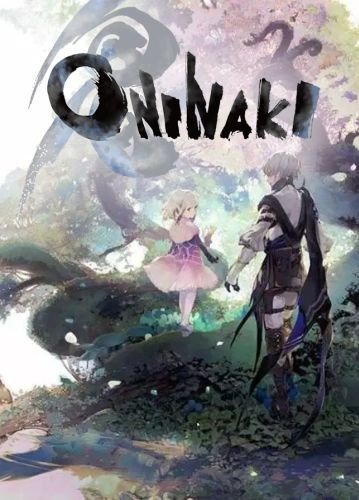
Lay the dead to rest
Bottom line: Oninaki offers a interesting look at how a world would function if the prevailing belief involved reincarnation. The battle mechanics are challenging and you'll need to keep on top of upgrades, skill trees, and attack types if you want to go far. It's available for PS4 and Nintendo Switch.
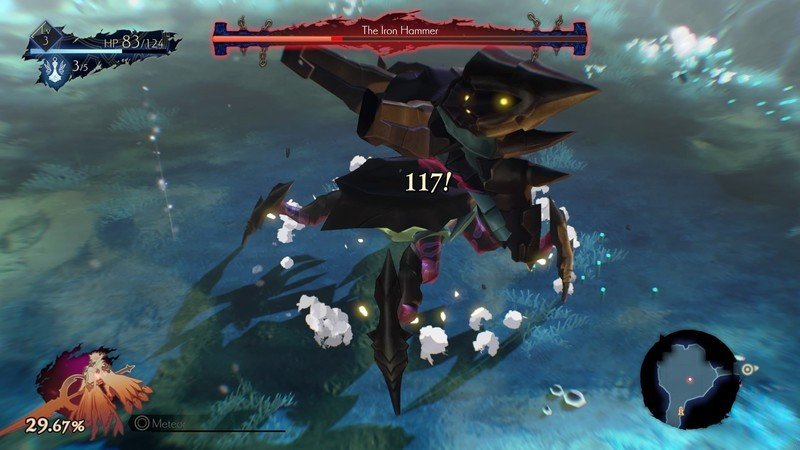
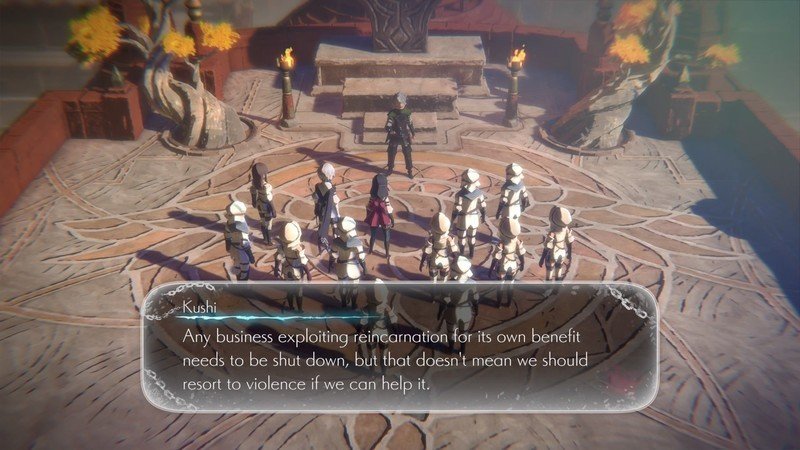
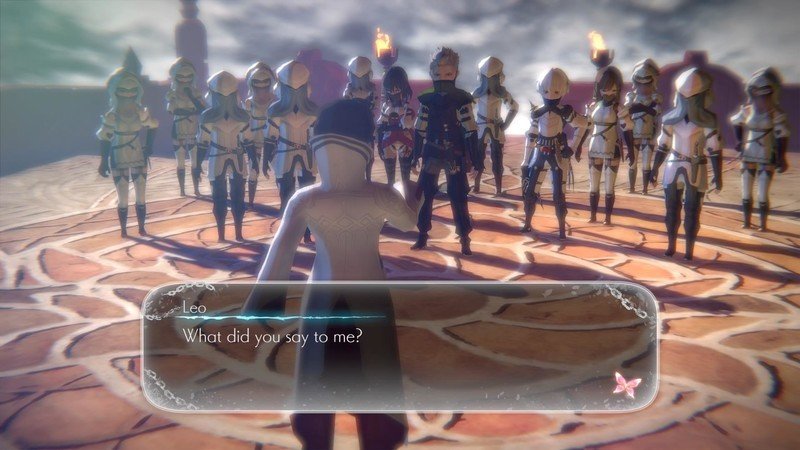
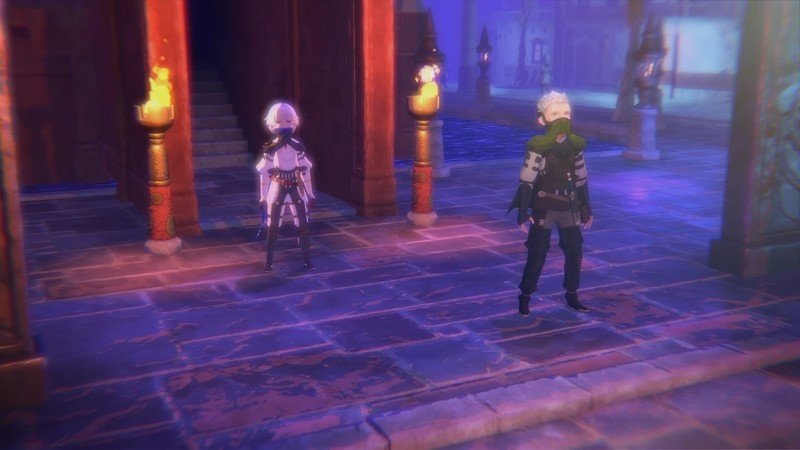
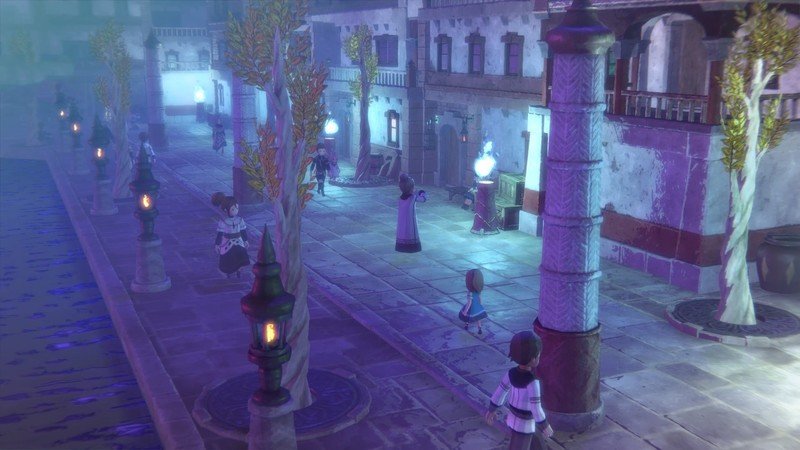
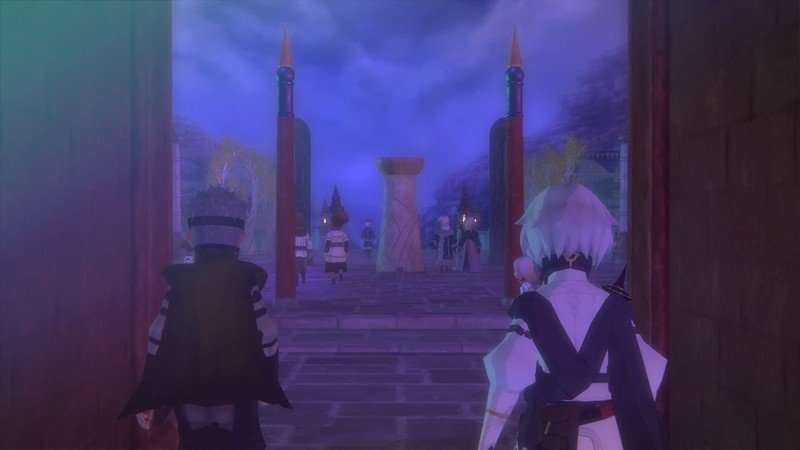
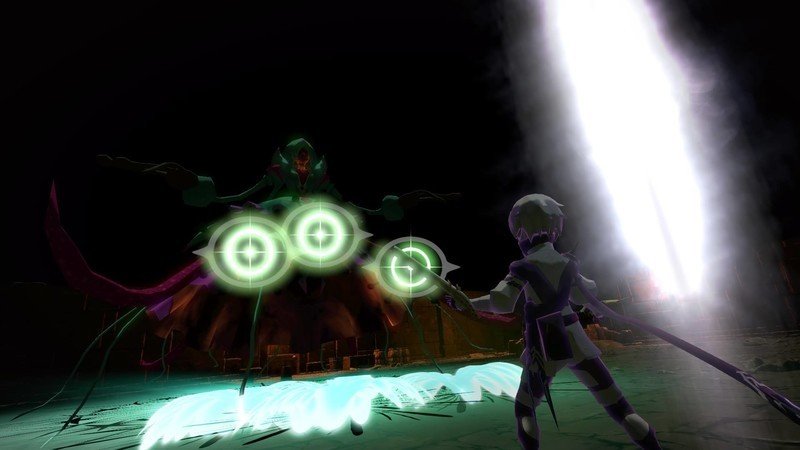
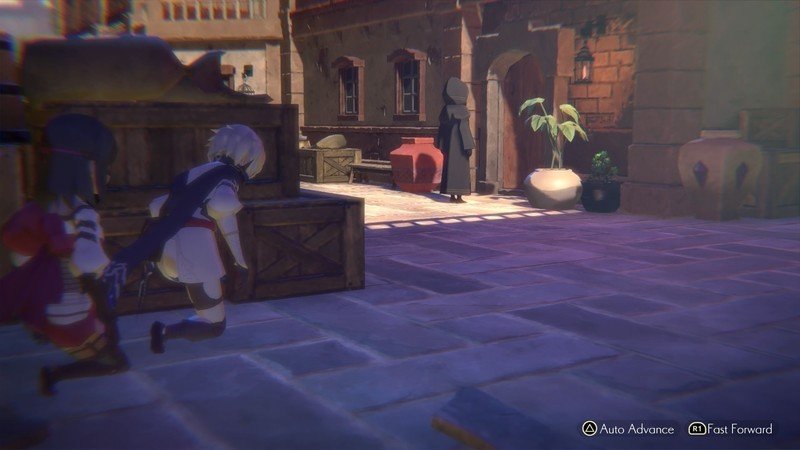
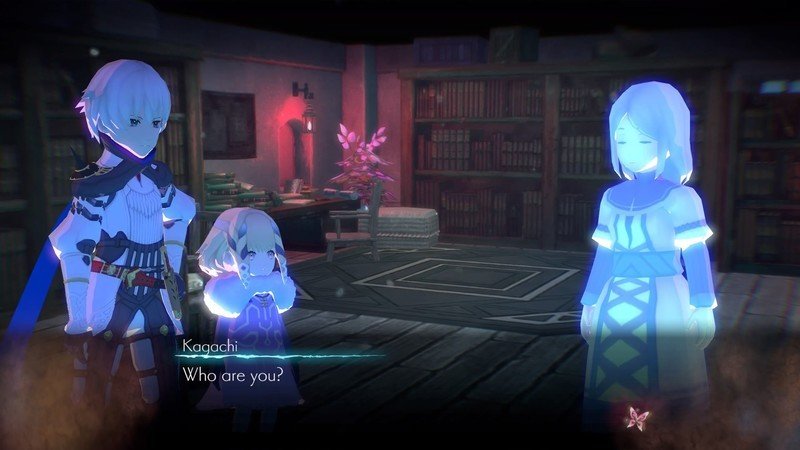
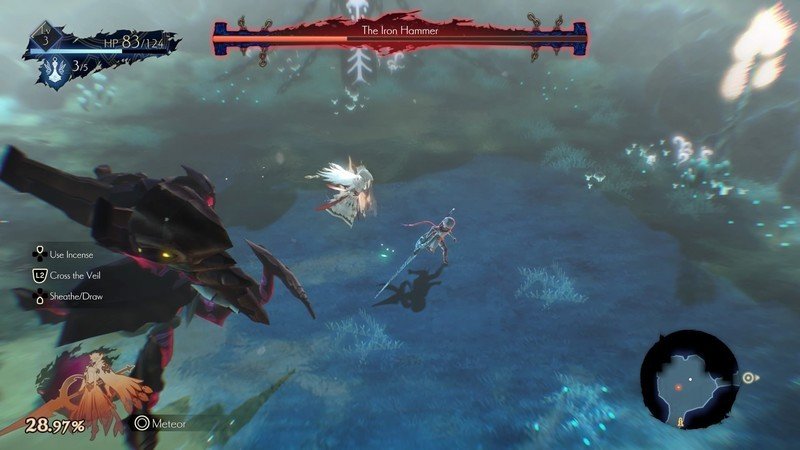
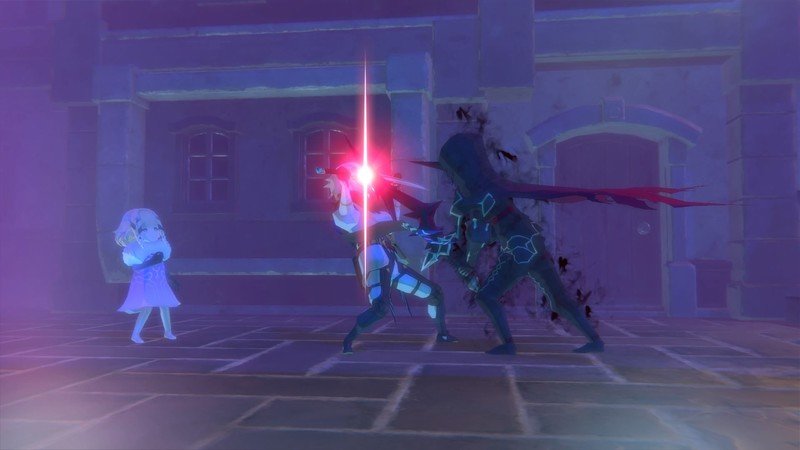
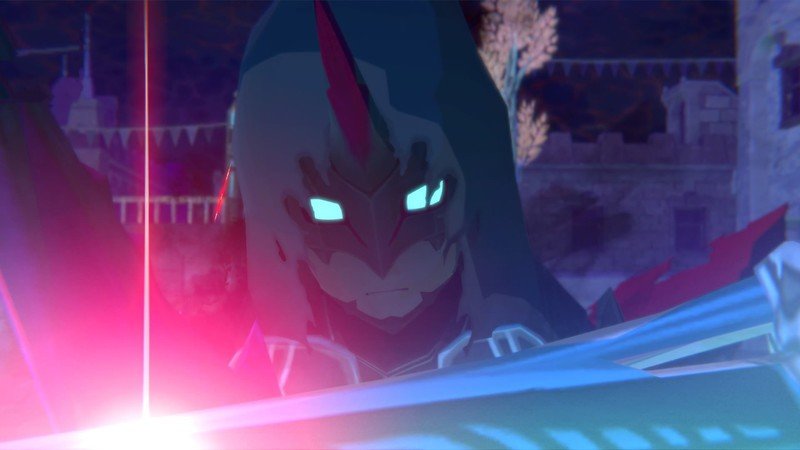
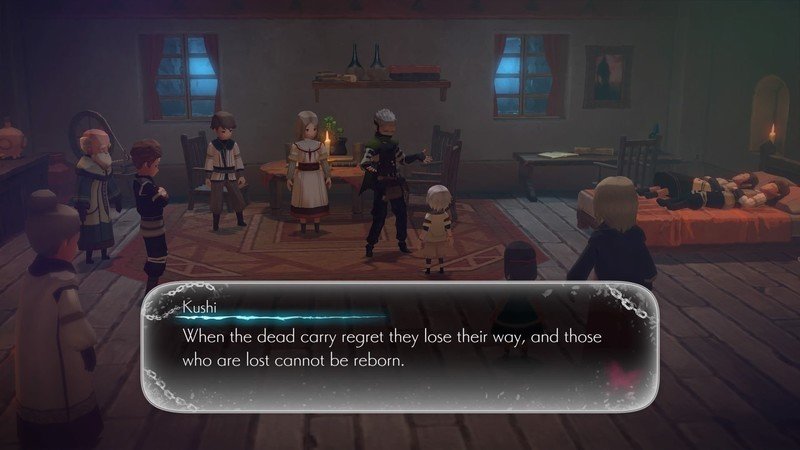
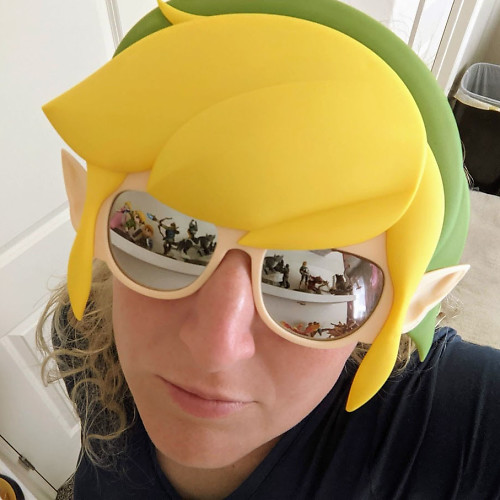
Rebecca Spear is a staff writer for Android Central who loves following the latest tech, drawing with her Wacom, and playing video games. You can find her posting about her pets, art, and video game preferences on Twitter @rrspear.
